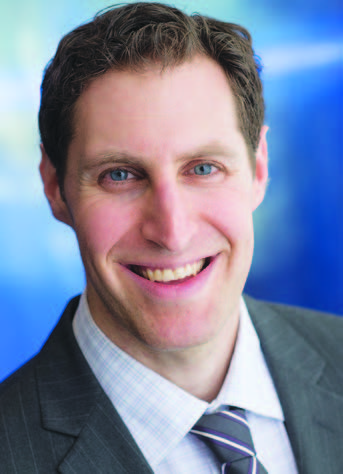Home and the holidays: On family, friends, and physicians
 |
| Dr Eric Cadesky |
I came to BC alone, with two suitcases, the address where I was to house-sit for a month, and a medical degree. After answering every ad I saw, I ended up working in 11 clinics over the first few months before settling into the practice that has been my home for the past 13 years.
Home. A curious word to use, but it feels right. We talk about our work families because some days we spend more time caring for a sick child than we do seeing our own children. Team members in the operating, emergency, and case rooms are together longer during days and nights than they are with their own spouses, partners, and friends. And even when we are physically with our families, we are often still available to our patients, whether officially on call, updating our EMRs, or trying to make sense of a challenging clinical case.
So, it is important that we recognize our personal relationships and work hard to protect them. The calling of medicine is not an easy one, and we have all lost relationships due to the rigors of training and practice. I can recall rotations as a learner and then remote locums as an early career doctor where I barely saw the light of day—and even then only through the windows of patients’ rooms. Sociologist Emile Durkheim noted the correlation between our feeling of disconnectedness (anomie) and suicide. The time we spend away from the things we love—people, nature, hobbies—can be both the cause and the effect of high rates of physician burnout.
I feel fortunate to be part of a Doctors of BC that cares about us not just as doctors, but as people. An organization that protects family time by establishing a paid parental leave program as well as the unique recreational opportunities of Club MD. One that developed disability and home insurance services that give us the peace of mind knowing we and our loved ones will be protected in case of catastrophe. Our work with Divisions of Family Practice, medical staff associations, facility engagement, our various committees, and the Representative Assembly decrease anomie by building community and advocating for the amazing initiatives of doctors across BC.
As with all families, there will be disagreements. Access to resources, funding models, shared care, and conscientious objection are all important and sensitive topics that can induce argument. But let us learn from the most functional families who recognize that these heated debates arise from passion and from a will to do our best. And after a good quarrel, we can settle back into our seat at the table knowing that we have much more in common than not: dedication to our patients, our profession, and each other.
I look forward to what promises to be an eventful 2019 with the negotiation of a new Physician Master Agreement, the potential conclusion of the Cambie lawsuit, further experience with legalized cannabis, and team-based care initiatives all unfolding. Until then, I wish you and your family all the best for the holiday season, however you decide to define it.
—Eric Cadesky, MDCM, CCFP, FCFP
Doctors of BC President

